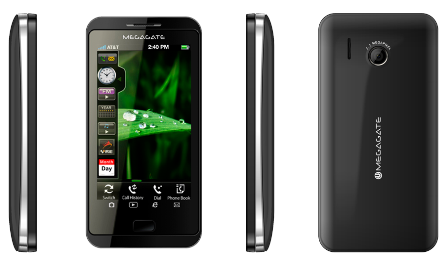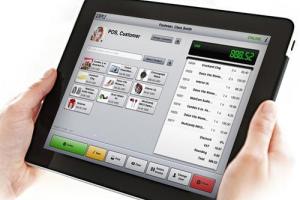All over the world, the healthcare industry is adopting technological advancements such as unlimited access, virtual reality, cyber surgery, micro-robotic surgery and 3D image modeling. Adoption of information technology by hospitals is seen in the forms of electronic medical records, patient treatment entry systems, and hospital management systems. Some examples that most of us can relate to are billing and financial systems used for automatic billing at local facilities, and systems to maintain patient accounts and administrative information like personal payroll and inventory items.
In the developed world, pharmacy is one of the most uniformly-developed systems. In the United States, these systems are used to convey prescriptions from doctors to pharmacies. Additionally, it is expected that with time, healthcare systems will become integrated with each other, making it possible to retrieve information online via the internet from virtually any location in the world. Apart from that, apps developers are also creating some great and useful apps to facilitate the healthcare industry, sites like android pit which provides latest and greatest android apps and android news to their fans across the whole world, which in turn can be beneficial to many people, especially for those who are integrated with the healthcare industry. Surely, it will speed up the entire process of information technology.
Telemedicine can be described as the provision of healthcare through a combination of telecommunication and multimedia technologies. This technology is now viable due to affordability of imaging, multimedia, computers, telecommunications and information systems. Quality of care provided is enhanced as the needed services are provided without delay and a greater number of medical specialists are available at a given facility. Telemedicine enables remote consultation, diagnosis and examination of patients via the internet.
Concerns
Although the advantages of telemedicine and the integration of IT in healthcare are many, it does give birth to a few concerns (globally and locally). There is a need for internet laws regarding provision of healthcare services via the internet. Reimbursement policies for services provided over the internet also need to be devised. Physicians need to be trained how to effectively utilize internet-based treatments. A mechanism to ensure patients’ privacy over the internet needs to be established. This should be adjustable as per the patient’s consent, and the extent of sharing across administrative boundaries.
Additionally, high-quality communication equipment is required. Standardization of systems and educating healthcare stakeholders, which include payers, consumers, health care experts, and policy makers, are essential in changing the healthcare industry. Wikipedia is also providing some useful content to facilitate information technology in healthcare industry. While the benefits of health information technology are indeed theoretically obvious, adopting innovative information systems in health care has proven complicated. Most information technology applications have centered on administrative and financial dealings, instead of delivering/facilitating actual clinical care.


